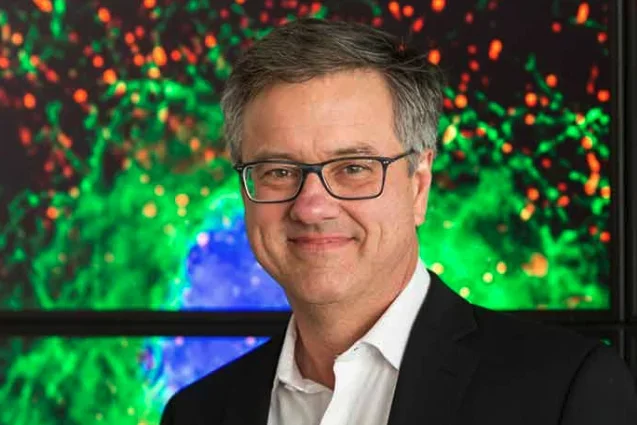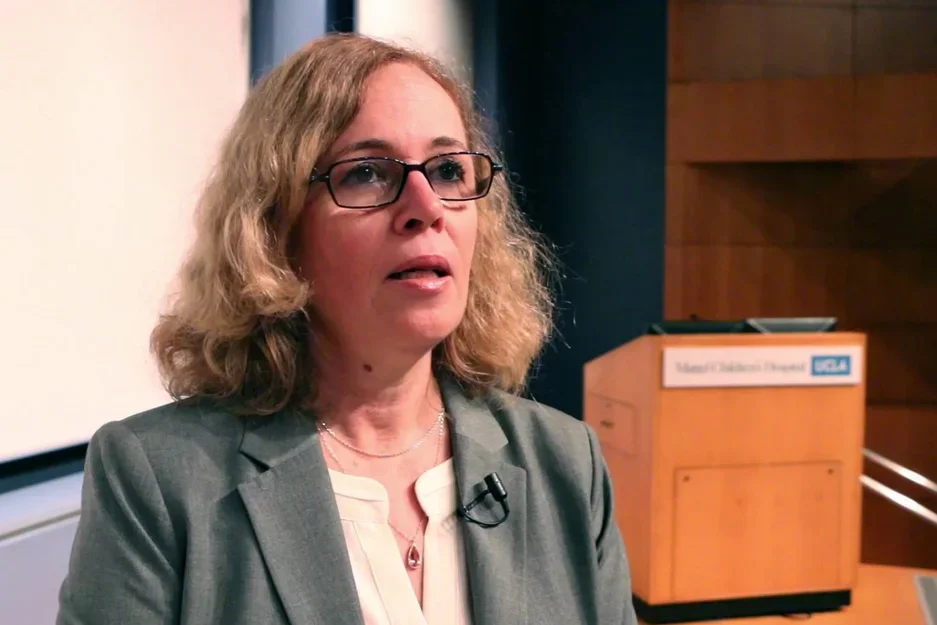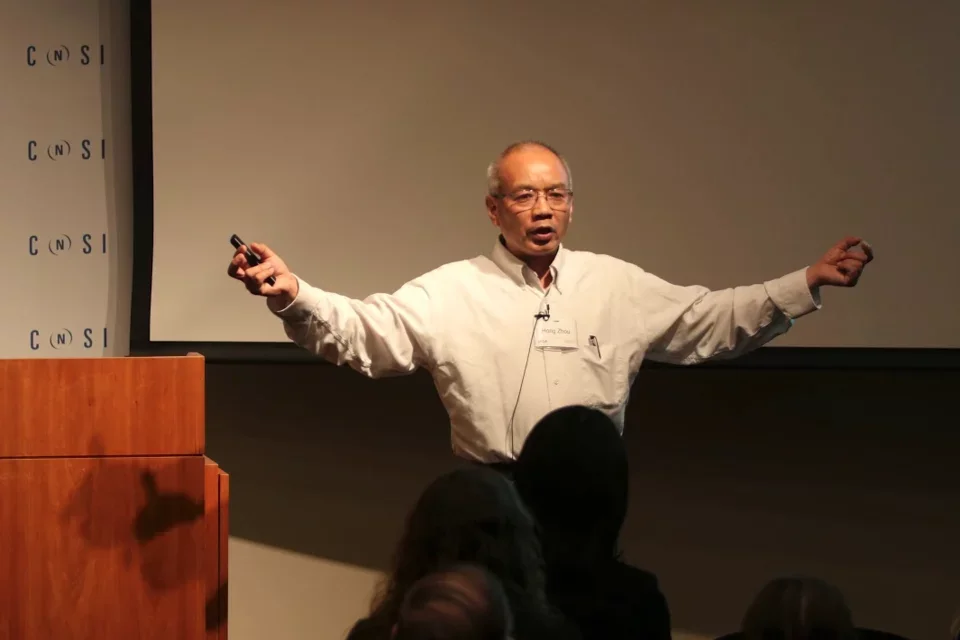Infection Research
Let's Develop Precision Strategies To Prevent And Cure Infection.
Pathogens and people are caught in evolutionary tug-of-war. Having developed alongside and adapted to humans, the most infectious microbes have had plenty of time to learn how to take advantage of the human body. Some have even developed ways to overcome our natural immune defenses as well as conventional antibiotics.
Antibiotic resistance has been ranked among the greatest threats to human civilization by the National Institutes of Health (NIH), Centers for Disease Control and Prevention (CDC), World Health Organization (WHO), and Gates Foundation. In the 75 years since the antibiotic era began, microbes have developed ways to resist even our most modern antibiotics. To ensure personal and public health, we must find new ways to fight infection.
What if we knew more about pathogens than they know about us? What if we could tune the immune system to prevent infections caused by pathogens, such as HIV, malaria, MRSA, tuberculosis, and influenza, that have eluded vaccines? We study how infection works on a molecular and cellular level and create highly targeted infection-fighting strategies to replace traditional antibiotics, which ultimately select for resistance. These novel, sustainable strategies aim to prevent and cure infection while avoiding selection that leads to resistance.
UCLA Immunology, Inflammation, Infection, and Transplantation (I3T) faculty believe infections can be prevented, treated, and cured by studying pathogens and the immune system in more detail than ever. If an ounce of prevention is worth a pound of cure, then let’s find new ways to stop infections before they start—and cure infections before they become resistant.
Important Contributions
I3T scientists study the mechanisms and structures driving infection in groundbreaking detail. Their next-generation diagnostics and interventions give us an unprecedented advantage in the fight against infection.

Jeff F. Miller, PhD
Director, California NanoSystems Institute
Professor, Microbiology, Immunology & Molecular Genetics
Dr. Jeff F. Miller strives to define, on a molecular level, how bacteria infects hosts and causes disease. His research on bacteria informs a range of novel treatment strategies and contributes to emerging explorations of the microbiome's influence on human health.

Karin Nielsen, MD, MPH
Professor, Pediatrics, Division of Infectious Diseases, David Geffen School of Medicine at UCLA
Director, UCLA Center for Brazilian Studies
Dr. Karin Nielsen’s international collaborations and evidence-based protocols have enabled at-risk countries to mobilize life-saving public health responses to devastating infectious diseases. Her work helps vulnerable areas build practical response infrastructures they can use to fight a variety of diseases.

Michael R. Yeaman, PhD
Professor of Medicine, David Geffen School of Medicine at UCLA
Medical Science Investigator, Harbor-UCLA Medical Center / LABioMed
Dr. Michael Yeaman studies natural processes and patterns to develop interventions that fight pathogens, overcome antibiotic resistance, and optimize immune health.

Hong Zhou, PhD
Director, Electron Imaging Center for NanoMachines (EICN)
Professor, Microbiology, Immunology & Molecular Genetics
Dr. Hong Zhou gains unprecedented insight into the mechanisms of infection by using cryo-electron microscopy to create some of the world’s most detailed 3-D models of viruses, bacteria, and other biological complexes.